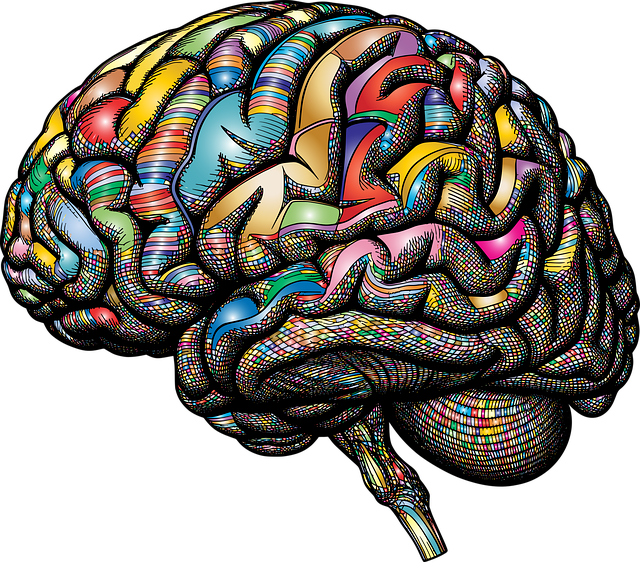Mental health education programs, including specialized treatments like Arvada Sexual Addiction Therapy (ASAT), play a crucial role in improving well-being. These programs teach emotional regulation, risk assessment, and mind-over-matter techniques to empower individuals to manage their mental health. ASAT, an evidence-based model, combines individual therapy, group support, and community resources to address sexual addiction holistically. Effective evaluation of ASAT involves progress assessments, feedback, and data collection to ensure its continuous refinement and enhanced recovery support.
Mental health is a vital aspect of overall well-being, yet it often goes overlooked until issues arise. This article explores the design of an educational program aimed at addressing mental health challenges, with a specific focus on the Arvada Sexual Addiction Therapy Model. We’ll delve into understanding common mental health issues and their societal impact, while also examining key components for creating effective programs. Additionally, we’ll discuss implementing and evaluating the Arvada model, offering valuable insights for professionals seeking to enhance mental health education.
- Understanding Mental Health Issues and Their Impact
- Components of an Effective Education Program
- Implementing and Evaluating the Arvada Sexual Addiction Therapy Model
Understanding Mental Health Issues and Their Impact

Mental health issues encompass a wide range of conditions that affect one’s ability to think, feel, and behave clearly. From depression prevention to managing anxiety disorders and substance use disorders like Arvada Sexual Addiction Therapy, understanding these challenges is paramount in today’s society. These issues can significantly impact daily life, relationships, and overall well-being if left unaddressed.
Effective mental health education programs play a crucial role in fostering emotional regulation and boosting confidence. By equipping individuals with knowledge about various mental health conditions, their causes, and available treatment options, these programs empower people to recognize signs in themselves or others and seek timely help. This proactive approach can lead to improved overall mental health and resilience within communities.
Components of an Effective Education Program

An effective mental health education program should incorporate a comprehensive blend of theoretical knowledge and practical skills. Firstly, it’s crucial to cover foundational topics such as risk assessment for mental health professionals, ensuring practitioners are equipped to identify and manage potential dangers in therapeutic settings. This includes understanding complex issues like Arvada sexual addiction therapy, where specialized knowledge is required to address unique challenges.
Additionally, programs should emphasize emotional regulation techniques and mind over matter principles. Teaching participants how to manage their own emotions and cultivate a positive mindset can enhance their ability to support clients. Such strategies not only benefit the mental well-being of professionals but also allow them to provide more effective care, fostering a supportive and nurturing environment for those seeking therapy.
Implementing and Evaluating the Arvada Sexual Addiction Therapy Model

Implementing the Arvada Sexual Addiction Therapy (ASAT) model involves a comprehensive approach to address sexual addiction and its associated issues. This therapy program is designed to help individuals regain control over their lives by fostering healthier coping skills development, stress management, and emotional regulation. The ASAT model integrates evidence-based treatments, individual therapy sessions, group support, and community resources to create a holistic environment conducive to recovery.
Evaluating the effectiveness of ASAT requires systematic measures to assess changes in participants’ behaviors, attitudes, and overall well-being. Regular progress assessments, feedback from participants, and outcomes data collection help gauge the program’s impact. By focusing on these aspects, ASAT can be refined and improved, ensuring that it effectively empowers individuals to overcome sexual addiction and lead fulfilling lives while promoting better mental health and emotional stability.
Mental health education programs, such as the Arvada Sexual Addiction Therapy model, play a pivotal role in addressing societal challenges related to psychological well-being. By incorporating evidence-based components and practical strategies, these initiatives can effectively equip individuals with knowledge and skills to navigate mental health issues. The success of the Arvada program underscores the importance of tailored, comprehensive education in fostering resilience and promoting healthier communities.














